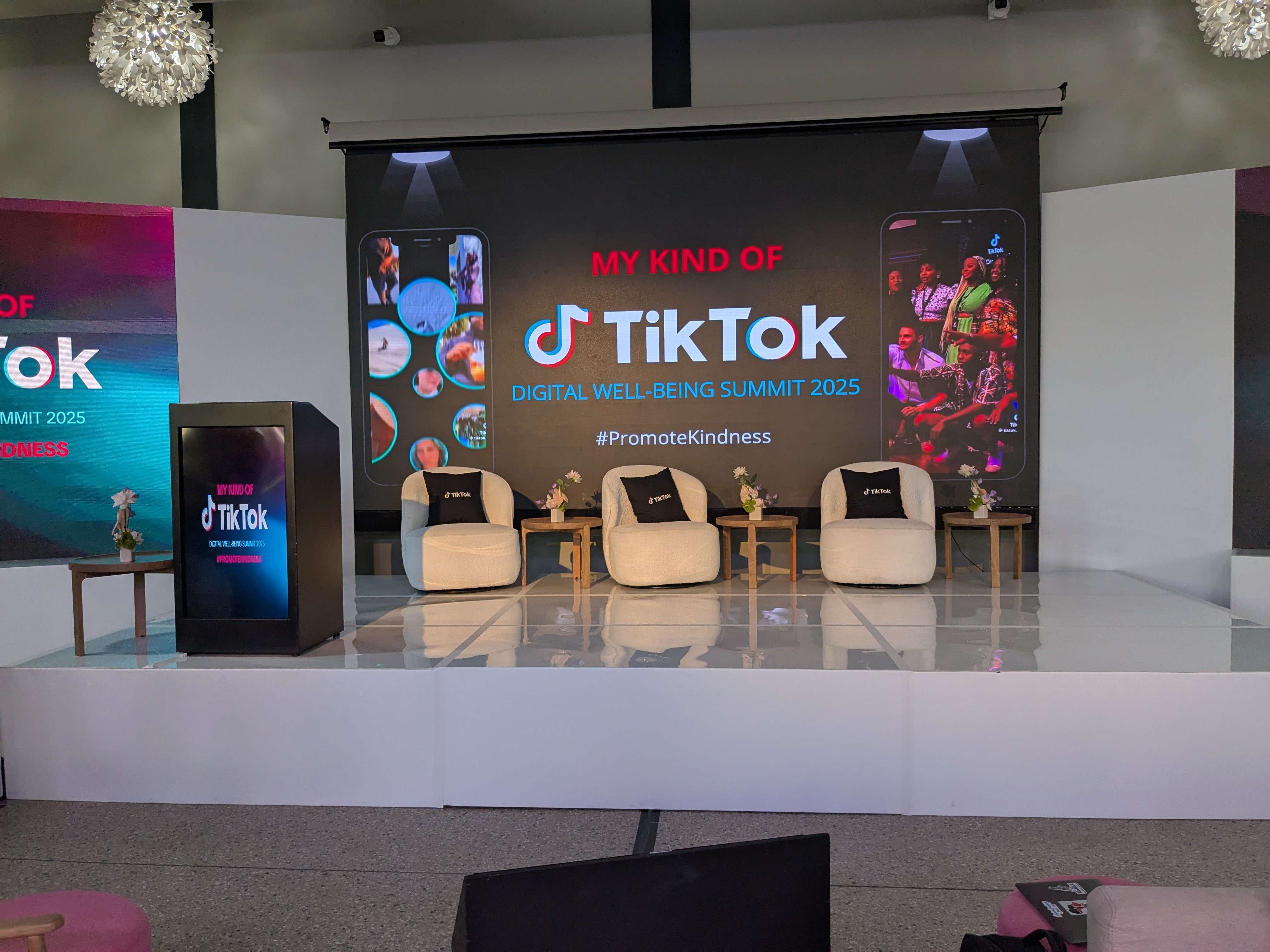







































Trump gets Murdoch, Ellison to lead TikTok deal; ByteDance gets 1 of 7 board seats
 DJT
DJT
 TRUMP
TRUMP
 ORCL
ORCL
 DON
DON
 TRUMP2024
TRUMP2024
President Donald Trump said on Sunday that several of America’s most prominent business figures will be part of a proposed deal to keep TikTok operating in the United States. The president named media mogul Lachlan Murdoch, Oracle co-founder Larry Ellison, and Dell Technologies founder Michael Dell as investors in a restructured TikTok entity that would shift control away from China’s ByteDance.
The White House confirmed that under the terms being discussed, the new U.S.-based company would have seven board members. Six of those seats would be held by American appointees, while ByteDance would retain just one.
The arrangement is meant to address ongoing concerns in Washington about data privacy, algorithm transparency, and the risk of foreign interference.
Trump has described the talks as making “real progress”, adding that Chinese President Xi Jinping has given his approval in principle for the deal. Beijing, however, has not explicitly confirmed those remarks, instead noting that any agreement would need to comply with China’s rules on technology transfer and intellectual property.
The proposed deal comes after a law passed by Congress in 2024 that required ByteDance to divest TikTok’s U.S. operations or face a nationwide ban. That deadline was originally set for January 2025 but has been repeatedly extended as negotiations continued.

With more than 170 million users in the United States, TikTok remains one of the most popular apps in the country, especially among younger audiences. The White House has acknowledged the political stakes, with Trump himself saying the platform is too important to simply ban outright.
Lachlan Murdoch’s involvement adds a strong media dimension to the negotiations, given his leadership role at Fox Corporation. Larry Ellison’s Oracle has long been linked to the TikTok deal, with the company expected to oversee the app’s data infrastructure and ensure compliance with U.S. security requirements.
Michael Dell, whose technology company is one of the largest in the world, brings further industry weight and investment credibility to the proposed structure. Trump said Rupert Murdoch may also play a role indirectly through corporate channels, though the focus remains on Lachlan Murdoch’s participation.
TikTok high-stakes restructuring
If completed, the deal would represent one of the most significant government-brokered restructurings of a major social media company in history.
The White House insists that the new framework would put Americans firmly in control of TikTok’s U.S. operations while still allowing ByteDance to maintain a minority presence.
According to officials, ByteDance would likely hold less than 20 per cent of the new company, giving American investors a commanding majority.
The arrangement faces hurdles on several fronts. Lawmakers in Washington continue to raise questions about whether U.S. user data could still be accessed by foreign actors.

Some have also demanded greater transparency about TikTok’s recommendation algorithm, which critics say has the potential to influence public opinion and even elections.
At the same time, Beijing’s export controls on artificial intelligence technology may complicate efforts to transfer algorithmic oversight to the United States.
For the Trump administration, the urgency lies in balancing national security with public demand. TikTok’s cultural and political relevance makes any move to ban the app highly contentious. At the same time, there is bipartisan support in Congress for ensuring Chinese companies cannot wield control over platforms used daily by millions of Americans.
The current deal is being presented as a middle ground to preserve the app while addressing national security concerns.
Negotiators are working around the clock to finalise the agreement once and for all. Trump has said repeatedly that the deal is close, but critics note that similar deadlines have been missed before.
Meanwhile, ByteDance has stressed that it wants to remain engaged in the U.S. market but must also comply with Chinese laws that restrict the transfer of core technologies.
What the deal means for TikTok’s future
If the structure holds, TikTok’s U.S. arm would emerge as a majority-American-owned company with high-profile investors.
Ellison’s Oracle would play a crucial role in managing the app’s data and overseeing security protocols. Dell and Murdoch’s involvement would further anchor TikTok within U.S. corporate and media circles. ByteDance would still maintain a small stake and one board seat, ensuring its interests are represented but not dominant.

The stakes extend beyond business. For Trump, ensuring TikTok remains accessible in the United States could help strengthen ties with younger voters, a demographic increasingly influential in American elections.
While for Beijing, allowing ByteDance to keep a seat at the table may provide a face-saving compromise while avoiding a total loss of influence. For TikTok’s massive user base, the deal could bring relief after months of uncertainty about whether the app would survive in the U.S.
As negotiations continue, both sides appear interested in avoiding the worst-case outcome of a ban. The future of the app in the U.S. now rests on whether these powerful players can agree on a formula that satisfies both Washington and Beijing while keeping millions of American users scrolling.

